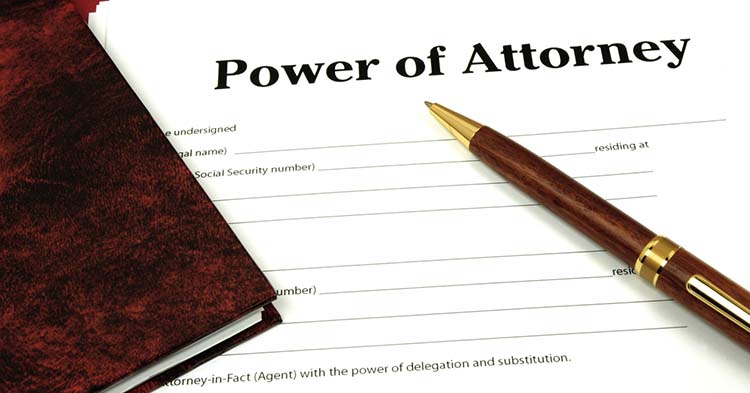Page 26 251 - 260 of 537
How Can I Give My Beneficiaries Tax-Deferred Real Estate Investments?

For some investors, one of the goals of building wealth and accruing a real estate portfolio is the intent to distribute it as a legacy to the following generation. With that in mind, you may want to consider how to effectively plan your bequests to manage the impact of taxes for your beneficiaries. Let’s take a look at some potential means of doing so. One term that you will hear when discussing estate planning is the step-up in an asset basis.
Who Can Override a Power of Attorney?

Anyone involved with estate planning will, at some point, run into questions concerning the Power of Attorney. This is important; it ensures that decisions and tasks end up in the hands of a trusted advisor, rather than the courts.
How Can I Invest in Properties in Different Areas of the Country?

For an investor building a commercial property portfolio, there are important considerations when crafting a balance of assets. For example, you may prefer to focus on a particular sector or class of real estate or develop a varied collection. In addition, if you seek geographic distribution in your acquisitions, there are some options for your method of pursuing that balance.
Do Annuities Have Beneficiaries?

Listing a beneficiary to your assets means providing a contingency plan in case something happens to you. Listing beneficiaries keep your assets out of probate court and makes passing an asset on to specific individuals a fairly frictionless process.
Do Payable on Death (POD) Accounts Go Through Probate?

Leaving instructions on what to do with your assets in case you pass can help relieve some of the burdens of managing financial affairs on surviving family members. There are a number of ways to do this. One is called payable on death or POD. This is basically a beneficiary for the account. But does that stop the account from having to go through probate?
NFTs as an Alternative Asset: What You Need to Know

NFTs, non-fungible tokens, have been around since 2014, but they really became more well-known in 2021. So much so that Collins Dictionary made NFT its word of the year in 2021. NFTs as a concept are pretty nebulous, so what are they and do they have a place in your portfolio?
Can a Beneficiary Sue a Trustee?

Trustees have a huge responsibility; they must properly administer and oversee assets in a trust. A trust, in turn, is a fiduciary arrangement in which a trustor, or grantor, gives the trustee the responsibility of managing those assets.
Can a Beneficiary Be Removed from an Irrevocable Trust?

Many estate planners and individuals like trusts. Trusts can avoid probate issues when the trustor, or grantor, passes away. Trusts could also be considered a good tax strategy. And they can help ensure that assets are professionally managed, keeping wealth and value intact across generations, providing benefits to the beneficiaries.
Is Accumulated Depreciation an Asset or a Liability?

If you’ve been paying attention to our blogs, you know that we’ve written a great deal about the concept of depreciation, and for good reason. Deprecation can provide certain tax benefits to help offset taxable income generated from investments.
What Is Assets Under Management (AUM) and How Is it Calculated?

If you’ve been paying attention to our previous blogs and articles, you know that we frequently suggest that you check with your financial planner/professional before pulling the trigger on investments. But how do you know if your potential financial manager, targeted fund, or institution of interest are reputable and safe?
Page 26 251 - 260 of 537


